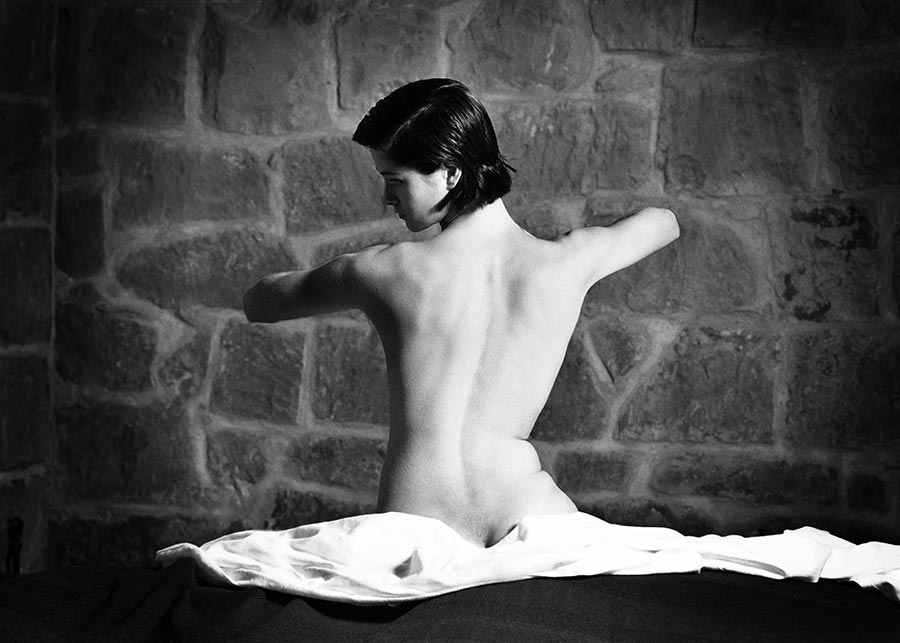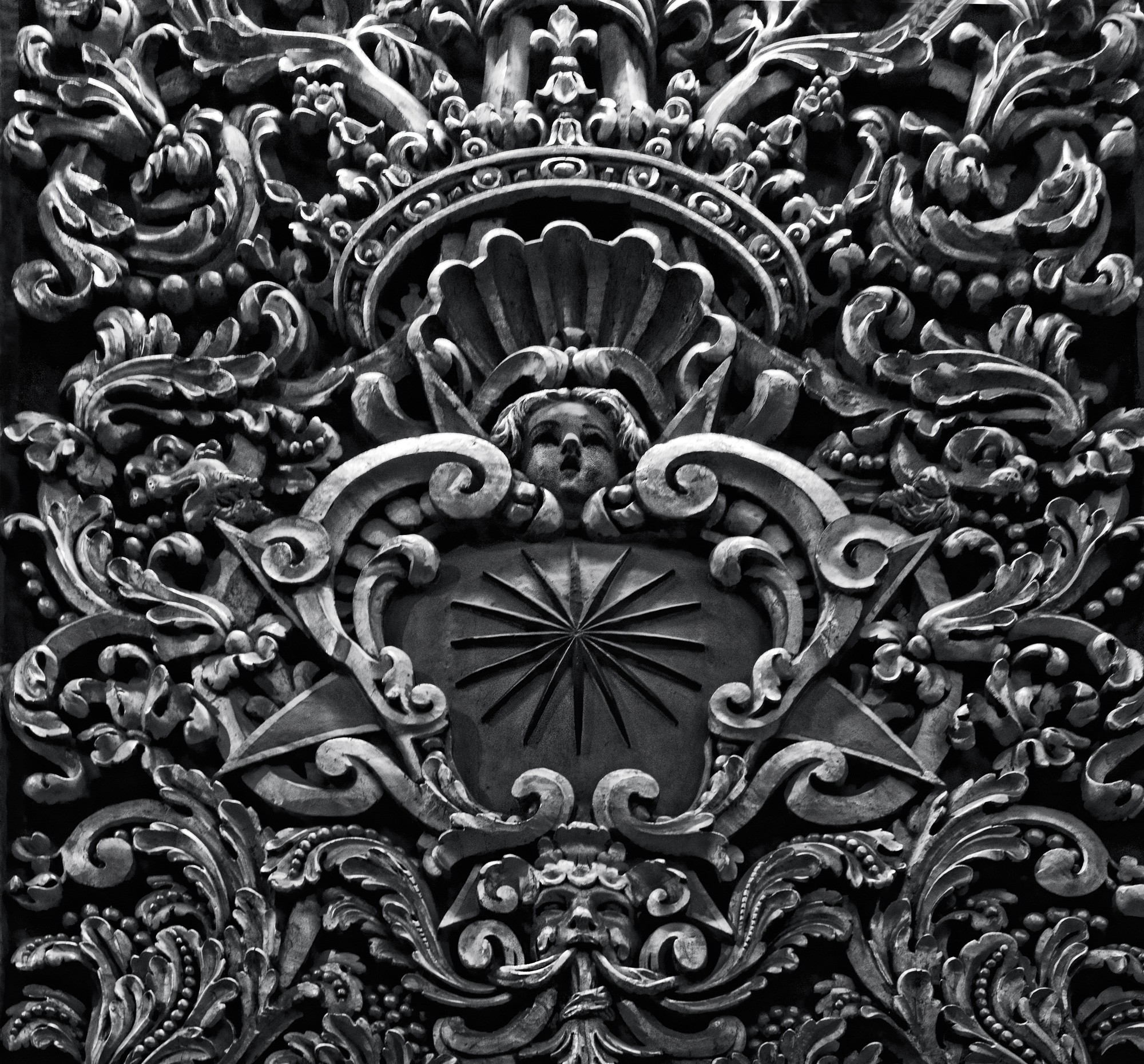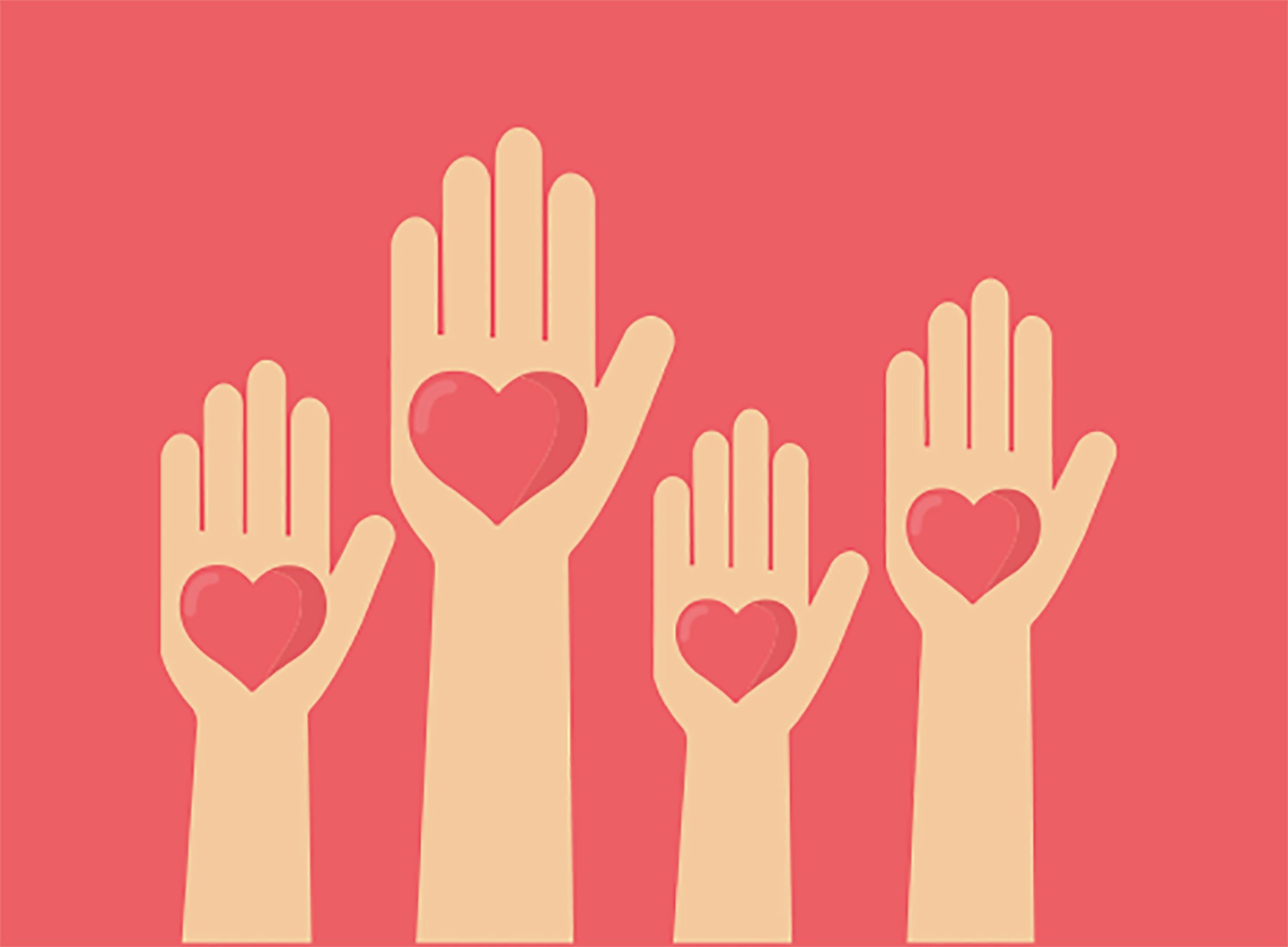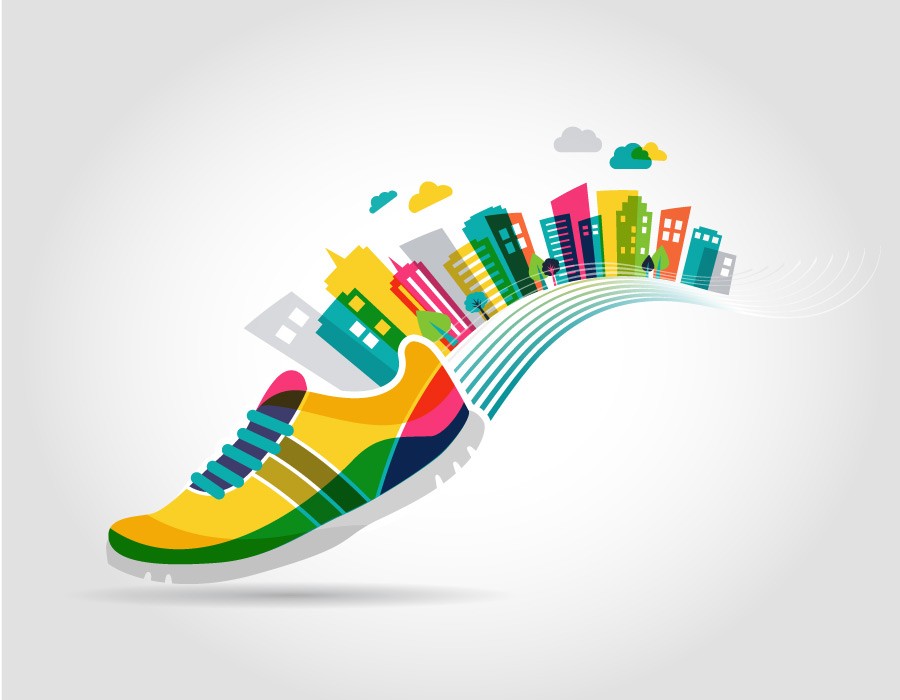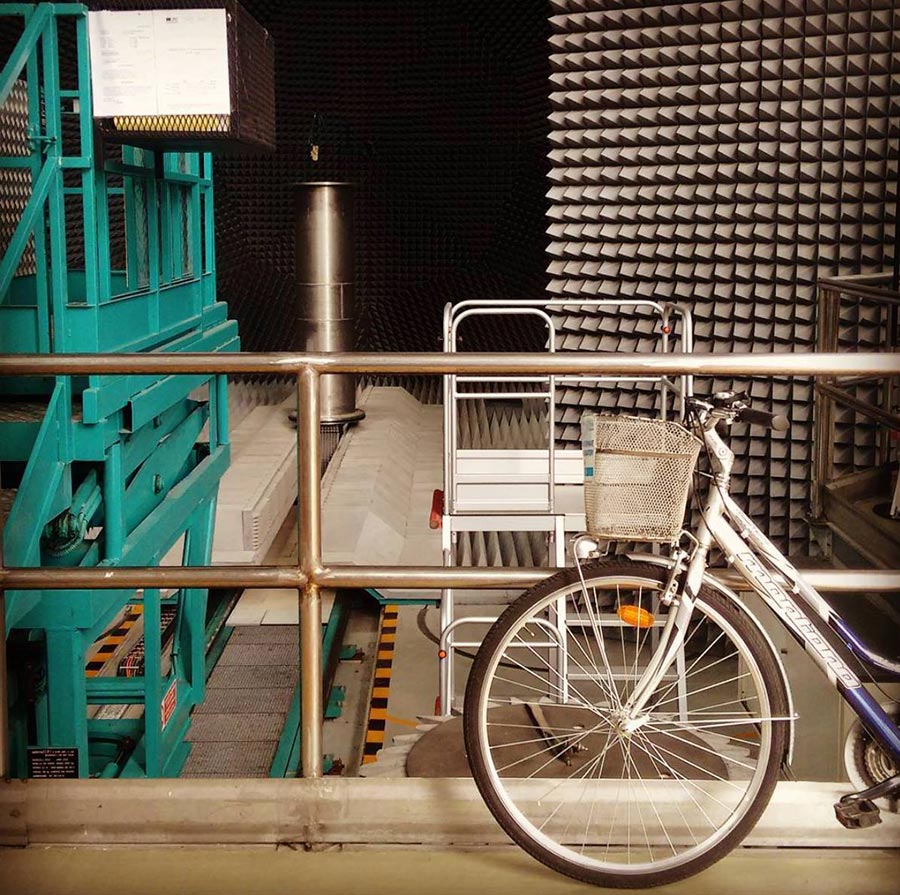Urban Utopia
Valletta is living proof that major cultural and artistic events can breathe new life into the city. When Malta’s capital was granted the title of European Capital of Culture for 2018, all hands were on deck to prune and preen, reversing decades of decay to make it ‘worthy’ of such a prestigious title. Now, after years of intense effort, the hard work has paid off. City Gate now provides an appropriately magnificent entryway into Valletta. Dingy, long-shuttered venues have been restored and reinvigorated. The once sleepy city has roared back to life with the wealth of events being organised. Valletta is no longer a stop on the hop-on hop-off bus; it is a bustling melting pot of old and new with an inescapable siren song.
This shift has created positive momentum in the arts scene. But not all outcomes have been positive. Valletta’s overhaul can look very different for the ones who call the city home. The burst of activities may have disrupted some people’s day-to-day business, while also contributing to the congestion and noise. The solution is in identifying ways to effectively balance the discomfort brought about by social change and the valued benefits that same change brings.
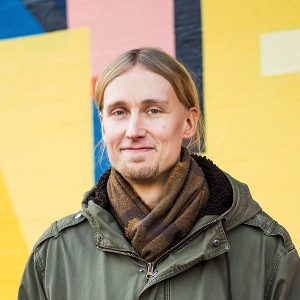
Finnish social activist, Jaakko Blomberg knows the struggle. He founded the NGO Yhteismaa (Common Ground) in Helsinki in 2012. Yhteismaa specializes in new participatory city culture, co-creation, and social movements. ‘In the beginning, many municipal officers in Helsinki were against our events and projects; they just didn’t have any procedure for handling them, so we kind of had to find a new way to do things.’ Leaving room for people to share their ideas and expressing themselves is also essential, he says. ‘There should be different kinds of roles and tasks for people to take on; all changes are scary, so it’s important to inform people and make them feel like they’re part of the process. For example, many people are prejudiced against street art, but when you explain more about it and give people the chance to take part in the process, their attitude becomes much more positive. Organisers have to provide enough information and make participation easy. It’s important that it’s not just about a small circle of activists, but about the whole community.’
Residents often felt ‘helpless and disowned of their spaces.
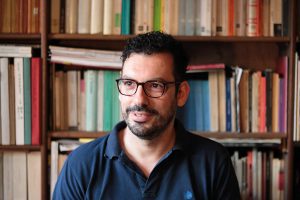
Closer to home, project leader of the Ġewwa Barra initiative, Victor Jacono, tells us how Valletta residents often felt ‘helpless and disowned of their spaces.’ Ġewwa Barra was created to address precisely that issue: to empower residents and give them ownership of their community, using artistic tools to get a glimpse at the cultures affecting their lives and help them express the needs and dreams that shape their experience in the capital city.
‘We seek to encourage creativity, but also responsibility. We hold creative workshops conducted by different facilitators and artists to give people the chance to look at themselves through the aesthetic lens of the artworks. Currently we are engaging the residents of Duwi Balli in a process of creative place regeneration, through a collaboration between architects Maria Cerreta and Franco Lancio, the Valletta Local Council, and the Valletta Services Directorate. It is not simply a matter of approaching the residents and asking them what nice things they would like us to do for them. It is a matter of asking them what they wish to express with our support, of providing them with tools and opportunities to respond creatively to the changes affecting their lived spaces,’ Victor says. In 2017 and 2018 Ġewwa Barra is going to extend its reach even further in order to involve residents from across the capital city, with different artists conducting a series of creative workshops that will culminate in an exceptional performing arts event.
Ġewwa Barra was created to […] empower residents and give them ownership of their community, using artistic tools to get a glimpse at the cultures affecting their lives and help them express the needs and dreams that shape their experience in the capital city.
While Victor is realistic about the forward march of change, he believes it is unjust and unacceptable that changes are engineered by a handful of stakeholders, whose decisions everyone else simply has to accept— especially when such changes are going to affect Valletta’s residents’ lives dramatically. Much like Jaakko with Yhteismaa, he believes that the fear of change can be lessened if people are informed and included in the process. ‘The voices of those stakeholders with lesser means need to be amplified and given the importance they deserve. The arts can contribute greatly towards this. Ġewwa Barra is not so much about single events, but the mainly bottom-up processes engaging the residents creatively. I believe it is the experiences brought about by such processes that will leave an important and long-lasting legacy with the inhabitants of Valletta.’
Jaakko Blomberg and Victor Jacono are keynote speakers at the Valletta 2018 conference titled Living Cities, Liveable Spaces: Placemaking & Identity. More information on this conference can be accessed at conference.valletta2018.org. Registration ends on 12th November. Discounted rates are available for students.
The Malta Community Chest Fund invests in medical research
From its very inception, the University of Malta Research Innovation and Development Trust (RIDT) aimed to catalyse a societal culture change—to see funding for research and innovation receiving broad-based and sustained support, as well as donations from large corporate donors. Indeed, a few productive years later, a silent revolution is gaining momentum as Maltese society embraces this concept.
To underline this shift, there couldn’t have been a more significant donor than the Malta Community Chest Fund (MCCF). The MCCF, under the patronage of the President of the Republic, is considered by many to be the people’s philanthropic saving pot, the national piggy bank for good causes. It raises funds through its relentless campaigning and public generosity. Following in the steps of her predecessors, the current President, H.E. Marie-Louise Coleiro Preca, has taken this endeavour to new heights with L-Istrina, the yearly telethon fundraiser which hit the €5.5 million mark in 2016.
In December 2014, following an invitation by RIDT’s CEO Wilfred Kenely, The President visited the University of Malta’s research facilities and was shown some of the world-class research projects in areas such as breast cancer, brain-computer interfacing, and kidney disorders. Following that visit, the RIDT engaged with the Office of the President to identify research projects that would be supported by the Malta Community Chest Fund.
The first project to be funded was a study in the genetics of osteoporosis. Dr Melissa Formosa (Faculty of Health Sciences) is leading this project which, having conducted studies on animal models, is looking at Maltese families with members affected with osteoporosis in a bid to to determine whether genetic factors also increase susceptibility to this bone disease.
The President’s commitment has been re-endorsed with the signing of an agreement to finance a three-year National Eye Study to the tune of €132,000. The project investigates the incidence of eye disorders such as glaucoma and cataracts across the Maltese population. To date there is no reliable data available on blindness and common eye diseases. Led by ophthalmic surgeon and visiting senior lecturer Francis Carbonaro (Faculty of Medicine and Surgery), the project will be gathering data from 1% of the Maltese population aged between 40 and 80. The goal is to determine both age and sex-specific prevalence, and the cause of blindness and visual impairment in adults.
In her message to the RIDT, the President of the Republic spoke of her ‘distinct honour and great privilege to offer the full support of the Republic of Malta to the Research Trust. My office is committed to help achieve the aspiration and values we share with the Research Trust to create sustainable economic growth as a means to social development and prosperity.’
The Malta Community Chest Fund has chosen to invest in medical research conducted within the University of Malta. In doing so, it is not only supporting the quest for research-based solutions to our daily challenges, but also sending a clear message to the Maltese community—investment in research pays.

